Canon USA continues to dabble in space projects along with Canon Inc. Canon USA is sending Project Dragonfly 120 Canon RF 400mm f/2.8L IS II USM lenses. Project Dragonfly is an international research team consisting of Yale University and the University of Toronto researchers.
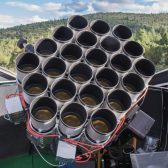
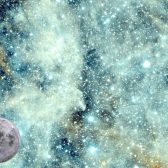
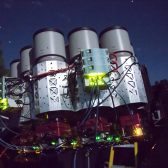

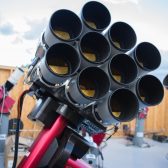
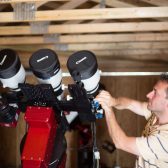
About Project Dragonfly
The Dragonfly Telephoto Array is a novel telescope concept...
Continue reading...
